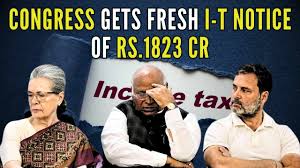The great startup cash crunch is underway — and it’s forcing late-stage companies to face their demise.
The VC funding picture for late-stage startups is looking pretty grim with capital hard to come by.
It’s taking longer to raise funding and the bar to land a deal is pretty high.
It’s been a pretty brutal year for startups and their founders looking to raise venture capital funding. And now it’s taking even longer to land a deal.
Recent third-quarter data from the equity ownership platform, Carta, points to a grim state of affairs for startups that use its platform: the time between funding rounds is getting longer.
For those startups that raised a Series C in the third quarter of 2023, the average time since they last raised a Series B was 1,090 days, or about three years. And for those startups that raised a Series A, the average time from its seed round was 787 days, or a bit more than two years — though, that average wait was much shorter earlier this year, according to Carta’s data.
This longer wait time between rounds isn’t totally surprising since VC funding this year has been its lowest since 2018. At $36.7 billion, funding in the third quarter is the lowest quarterly total raised in over five years in the US and Canada, and a slight dip from the second quarter of 2023, according to PitchBook data. The number of deals done in Q3 versus Q2 remained relatively flat — and PitchBook analysts don’t believe much will change in the fourth quarter of 2023.
So, VCs are going to continue to be stingy with their capital, leaving nearly 51,000 startups in search of cash and precious VC time in a Hunger Games-esque competition for the rest of the year, and potentially well into 2024. That means available capital “will remain low until an exit market can reappear and pull money, and companies, through the venture lifecycle,” PitchBook’s analysts wrote.
The current state is even more acute for late-stage investing, as more VCs have backed away from writing large checks. For those startups that do get a check, the bar is pretty high. But for those companies that may not be performing as well, things could get ugly.
“On the other hand, mediocre companies that are unable to hit milestones or demonstrate progression toward a path to profitability will encounter major hurdles for future financing events,” PitchBook’s analysts wrote.
www.startupstreets.com, www.intellexCFO.com, www.intellexconsulting.com











